Home>Gardening & Outdoor>Pool & Spa Care>How Long Should You Sit In Hot Tub


Pool & Spa Care
How Long Should You Sit In Hot Tub
Modified: February 18, 2024
Discover the ideal duration for hot tub relaxation and the best practices for pool and spa care. Learn more about maintaining a healthy and enjoyable aquatic environment.
(Many of the links in this article redirect to a specific reviewed product. Your purchase of these products through affiliate links helps to generate commission for Storables.com, at no extra cost. Learn more)
**
Introduction
**
Ah, the allure of a hot tub – the epitome of relaxation and rejuvenation. Whether it's nestled in a secluded backyard oasis or part of a luxurious spa retreat, the hot tub beckons with its promise of soothing warmth and therapeutic benefits. However, amidst the indulgent allure of hot tub soaking, questions often arise regarding the optimal duration for this blissful activity. How long is too long? How short is too short? In this article, we will delve into the ideal duration for hot tub soaking, exploring the benefits, risks, and essential factors to consider. So, sit back, unwind, and let's embark on a journey to uncover the perfect balance for a truly satisfying hot tub experience.
**
Key Takeaways:
- Soaking in a hot tub for 15-30 minutes can relieve stress, relax muscles, and improve sleep. It’s important to stay hydrated and consider personal health for a safe and enjoyable experience.
- Hot tub soaking offers many benefits, but it’s crucial to avoid prolonged sessions to prevent dehydration, overheating, and skin irritation. Listen to your body and take breaks when needed.
Read more: How Long To Sit In Hot Tub For Sore Muscles
Benefits of Hot Tub
**
Immersing oneself in a hot tub offers a myriad of benefits that extend beyond mere relaxation. The warm, bubbling waters of a hot tub have been cherished for centuries for their therapeutic properties. Here are some of the remarkable advantages of indulging in a hot tub soak:
- Stress Relief: The enveloping warmth of a hot tub can work wonders in alleviating stress and tension. As the soothing heat penetrates the muscles, it promotes relaxation and eases the mind, providing a tranquil escape from the demands of daily life.
- Muscle Relaxation: The buoyancy of the water combined with the gentle massage of the jets can help relieve muscle soreness and stiffness. This can be particularly beneficial for individuals recovering from physical exertion or those with certain medical conditions.
- Improved Circulation: The heat from the hot tub causes blood vessels to dilate, enhancing blood flow and promoting better circulation throughout the body. This can contribute to overall cardiovascular health and assist in the delivery of essential nutrients to tissues and organs.
- Pain Management: For individuals dealing with chronic pain, such as arthritis or fibromyalgia, the warmth of a hot tub can provide temporary relief by reducing discomfort and enhancing mobility.
- Enhanced Sleep: A relaxing soak in the hot tub before bedtime can help prepare the body and mind for a restful night’s sleep. The calming effect of the warm water can promote a sense of tranquility, making it easier to drift off into a deep, rejuvenating slumber.
These benefits, among others, make hot tub soaking a delightful and healthful indulgence. However, it’s essential to be mindful of the duration of your hot tub sessions to maximize these advantages while minimizing potential risks.
Risks of Prolonged Hot Tub Use
While hot tubs offer a wealth of benefits, prolonged or excessive use can pose certain risks to your health and well-being. It’s important to be aware of these potential drawbacks to ensure a safe and enjoyable hot tub experience:
- Dehydration: The heat and buoyancy of a hot tub can lead to increased perspiration, potentially causing dehydration if adequate fluids are not consumed. Prolonged soaking without proper hydration can result in dizziness, lightheadedness, and other symptoms of dehydration.
- Overheating: Extended periods in a hot tub can elevate body temperature, leading to overheating, especially in individuals with pre-existing health conditions or those taking medications that affect heat regulation. This can result in heat-related illnesses such as heat exhaustion or heat stroke.
- Skin Irritation: Prolonged exposure to hot tub chemicals or unbalanced water pH levels can irritate the skin, causing dryness, itching, or rashes. It’s crucial to maintain proper water chemistry and hygiene to minimize the risk of skin irritation.
- Blood Pressure Fluctuations: The heat of the hot tub can cause blood vessels to dilate, potentially leading to fluctuations in blood pressure. Individuals with hypertension or cardiovascular issues should exercise caution and consult with a healthcare professional before prolonged hot tub use.
- Fainting or Dizziness: The combination of heat, buoyancy, and potential dehydration can contribute to feelings of lightheadedness or faintness, particularly when transitioning from the hot tub to a standing position. This can pose a risk of falls or other injuries.
By being mindful of these potential risks, individuals can take proactive measures to mitigate them and enjoy the benefits of hot tub soaking safely and responsibly.
It is generally recommended to limit your time in a hot tub to 15-30 minutes at a time. Prolonged exposure to hot water can lead to dehydration and overheating. Be sure to take breaks and stay hydrated while using a hot tub.
Ideal Duration for Hot Tub Soaking
So, what is the optimal duration for a blissful hot tub soak? While the answer may vary depending on individual factors, there are general guidelines to consider for a safe and enjoyable experience:
Moderation is Key:
Experts typically recommend limiting hot tub sessions to 15-30 minutes at a time. This duration allows for ample relaxation and therapeutic benefits without increasing the risk of potential health concerns associated with prolonged exposure to heat and buoyancy.
Temperature Considerations:
The temperature of the hot tub water also plays a crucial role in determining the ideal soaking duration. Higher temperatures, typically above 104°F (40°C), necessitate shorter soaking times to prevent overheating and dehydration. Conversely, lower temperatures may allow for slightly longer sessions, but it’s essential to listen to your body’s cues and avoid prolonged exposure regardless of water temperature.
Personal Health and Comfort:
Individual factors such as age, overall health, and personal comfort levels should be taken into account when determining the ideal duration for hot tub soaking. Elderly individuals, pregnant women, and those with pre-existing health conditions may need to limit their hot tub sessions even further to ensure safety and well-being.
Hydration and Breaks:
Staying properly hydrated is paramount during hot tub use. It’s advisable to drink water before, during, and after soaking to replenish fluids lost through perspiration. Additionally, taking periodic breaks from the hot tub, especially if you begin to feel overly warm or fatigued, can help regulate body temperature and prevent potential overheating.
By adhering to these guidelines and remaining attentive to individual needs and comfort, individuals can strike a harmonious balance between indulging in the pleasures of a hot tub soak and safeguarding their health and well-being.
Factors to Consider
When determining the ideal duration for hot tub soaking, several factors come into play, influencing the overall experience and ensuring safety and enjoyment. Here are key considerations to keep in mind:
Hot Tub Water Temperature:
The temperature of the hot tub water significantly impacts the recommended duration of soaking. Higher temperatures necessitate shorter sessions to prevent overheating, dehydration, and other potential health risks. Conversely, lower temperatures may allow for extended relaxation, but it’s essential to monitor your comfort and well-being regardless of the water temperature.
Individual Health and Sensitivities:
Personal health conditions, medications, age, and sensitivities to heat can influence the ideal duration for hot tub use. Individuals with cardiovascular issues, hypertension, or pregnancy, as well as the elderly and young children, may need to limit their soaking time to ensure safety and minimize potential health concerns.
Hydration and Fluid Intake:
Proper hydration is crucial when using a hot tub. The combination of heat and buoyancy can lead to increased perspiration, potentially causing dehydration. It’s important to drink water before, during, and after hot tub sessions to maintain adequate fluid levels and mitigate the risk of dehydration and associated symptoms.
Physical Comfort and Relaxation:
Listening to your body and recognizing signs of discomfort or fatigue is essential during hot tub soaking. If you begin to feel overly warm, lightheaded, or fatigued, it’s advisable to exit the hot tub and take a break to regulate body temperature and ensure a comfortable and enjoyable experience.
Maintenance of Water Quality:
Regular testing and maintenance of hot tub water quality are vital for a safe and hygienic soaking experience. Properly balanced water chemistry and adequate sanitation help minimize the risk of skin irritation, infections, and other potential health issues associated with poor water quality.
By considering these factors and tailoring hot tub use to individual needs and circumstances, individuals can optimize their soaking experience while prioritizing safety, comfort, and well-being.
Read more: How Long Should You Sit In The Bathtub?
Conclusion
As we’ve explored the ideal duration for hot tub soaking, it’s clear that finding the perfect balance between relaxation and responsible use is paramount. The allure of a hot tub’s warm embrace and therapeutic benefits beckons us to indulge, but it’s essential to heed the guidelines and considerations to ensure a safe and enjoyable experience.
By limiting hot tub sessions to 15-30 minutes, monitoring water temperature, staying hydrated, and being mindful of individual health and comfort, individuals can revel in the rejuvenating effects of a hot tub soak while minimizing potential risks. It’s a delicate dance of self-care and moderation, where the rewards of stress relief, muscle relaxation, improved circulation, pain management, and enhanced sleep can be savored without compromise.
Ultimately, the ideal duration for hot tub soaking is a personalized journey, influenced by individual needs, preferences, and well-being. By embracing the therapeutic warmth of a hot tub with mindfulness and consideration, one can bask in the blissful sanctuary of bubbling waters, finding solace and rejuvenation in a cherished ritual of relaxation.
So, the next time you slip into the inviting embrace of a hot tub, remember to savor the moment, listen to your body, and immerse yourself in the soothing symphony of warmth and tranquility. With the perfect blend of indulgence and awareness, your hot tub experience can be a harmonious celebration of well-being and relaxation.
Frequently Asked Questions about How Long Should You Sit In Hot Tub
Was this page helpful?
At Storables.com, we guarantee accurate and reliable information. Our content, validated by Expert Board Contributors, is crafted following stringent Editorial Policies. We're committed to providing you with well-researched, expert-backed insights for all your informational needs.
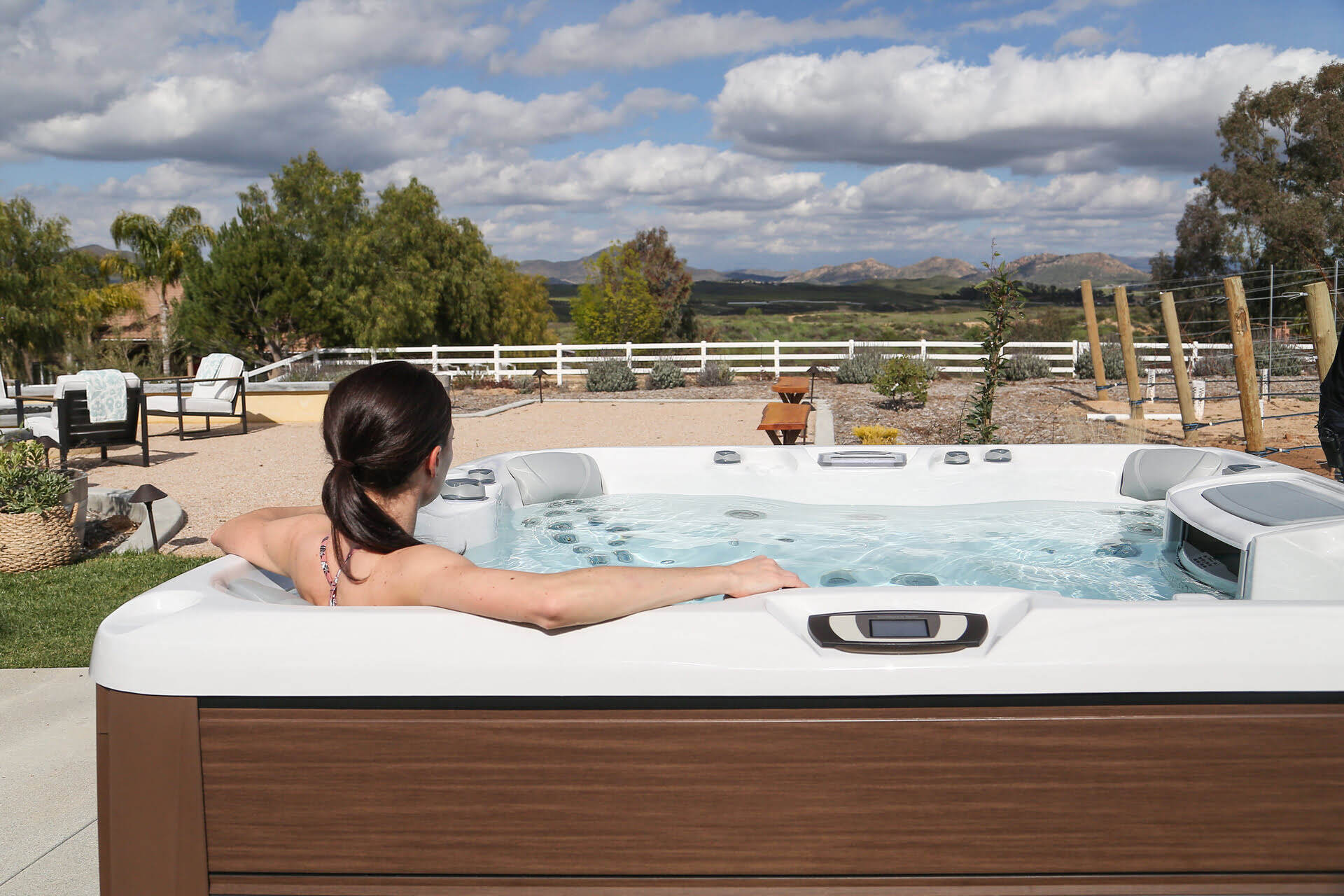
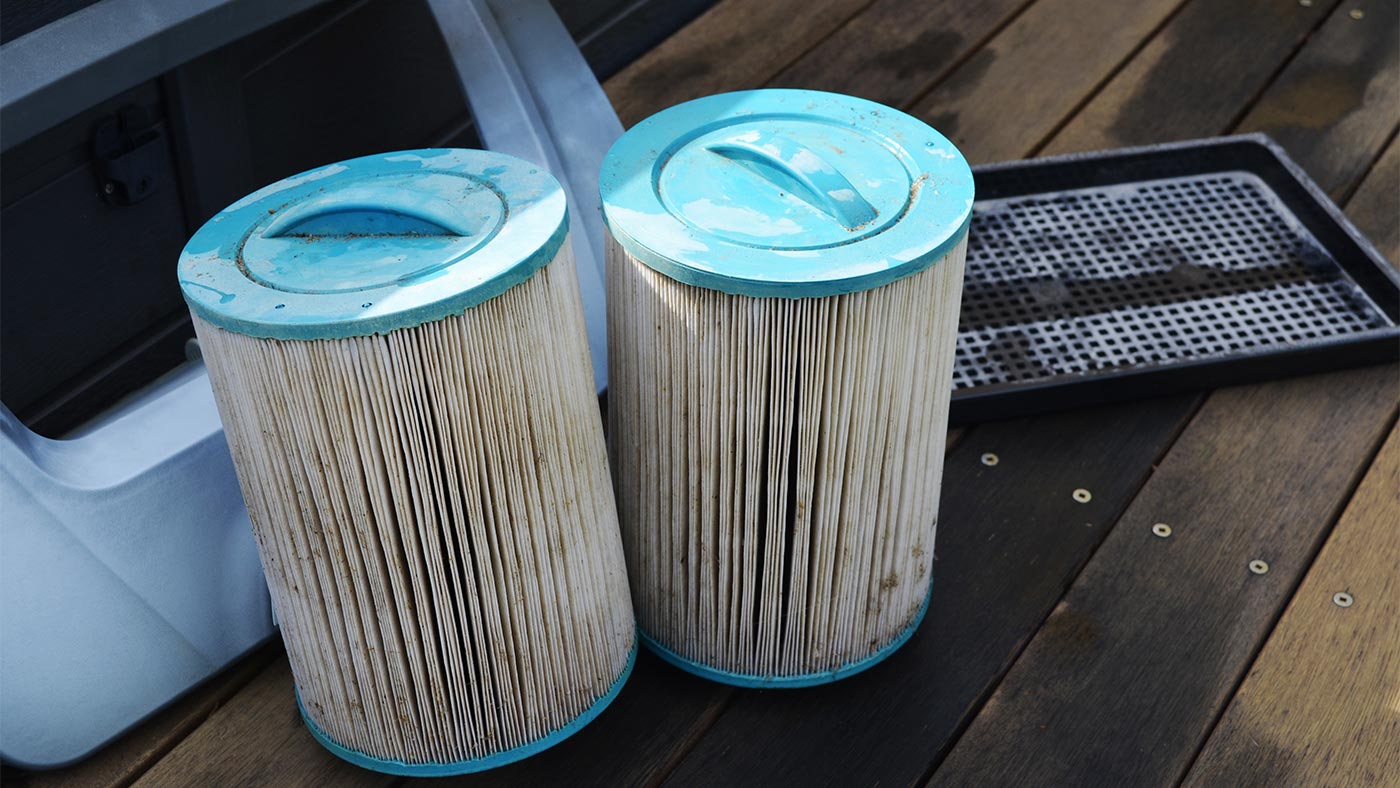
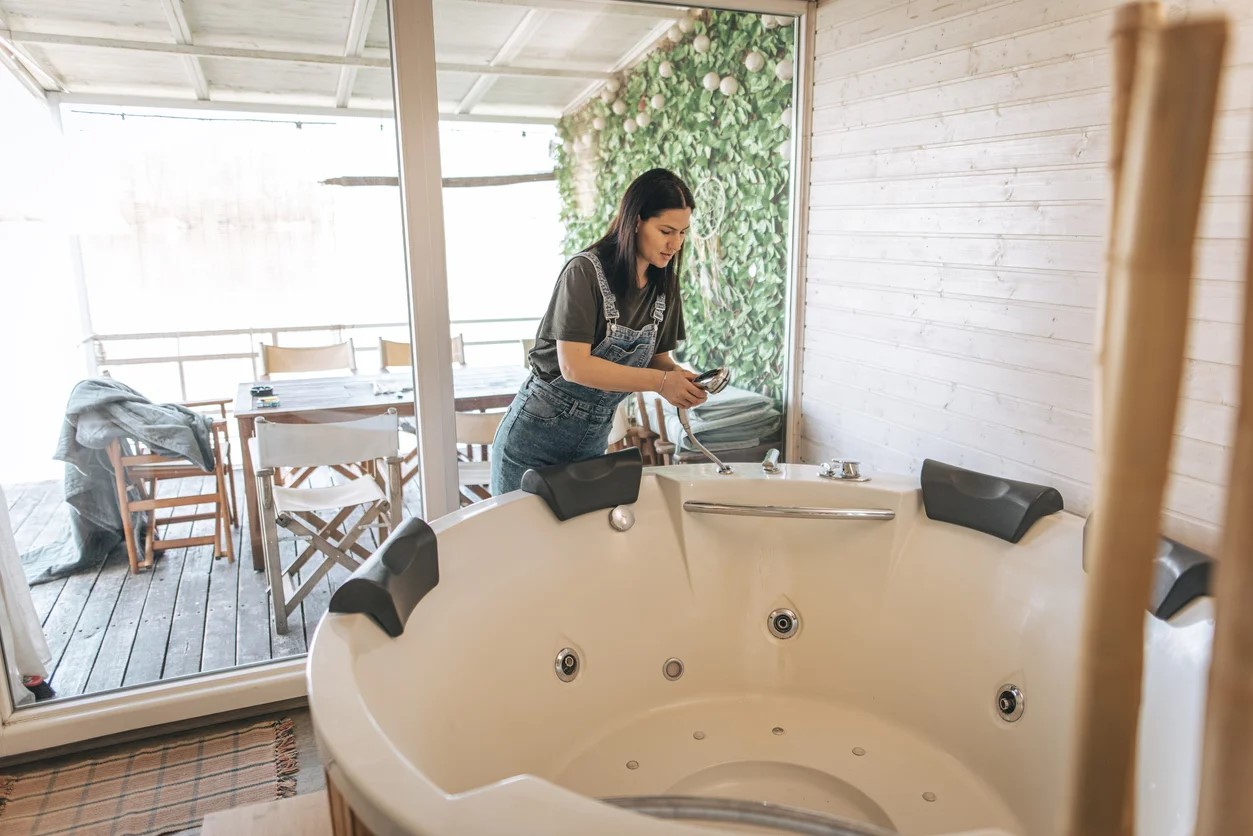
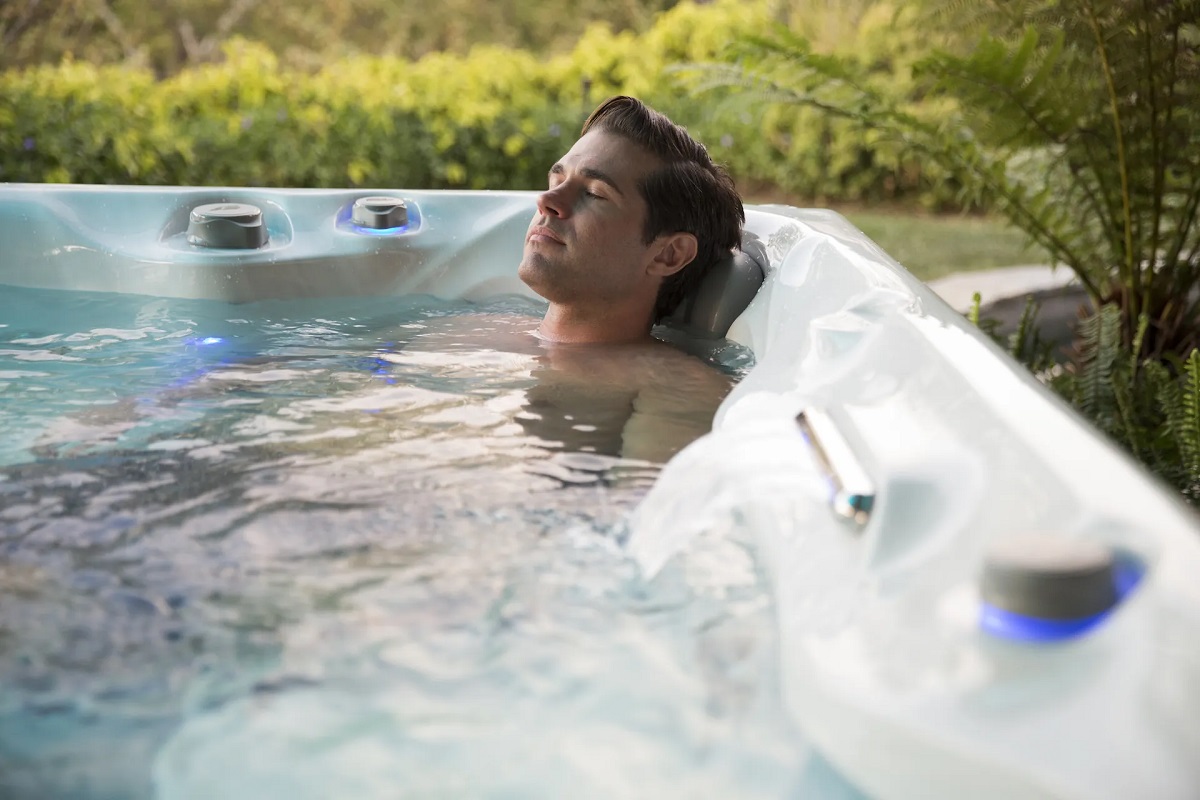
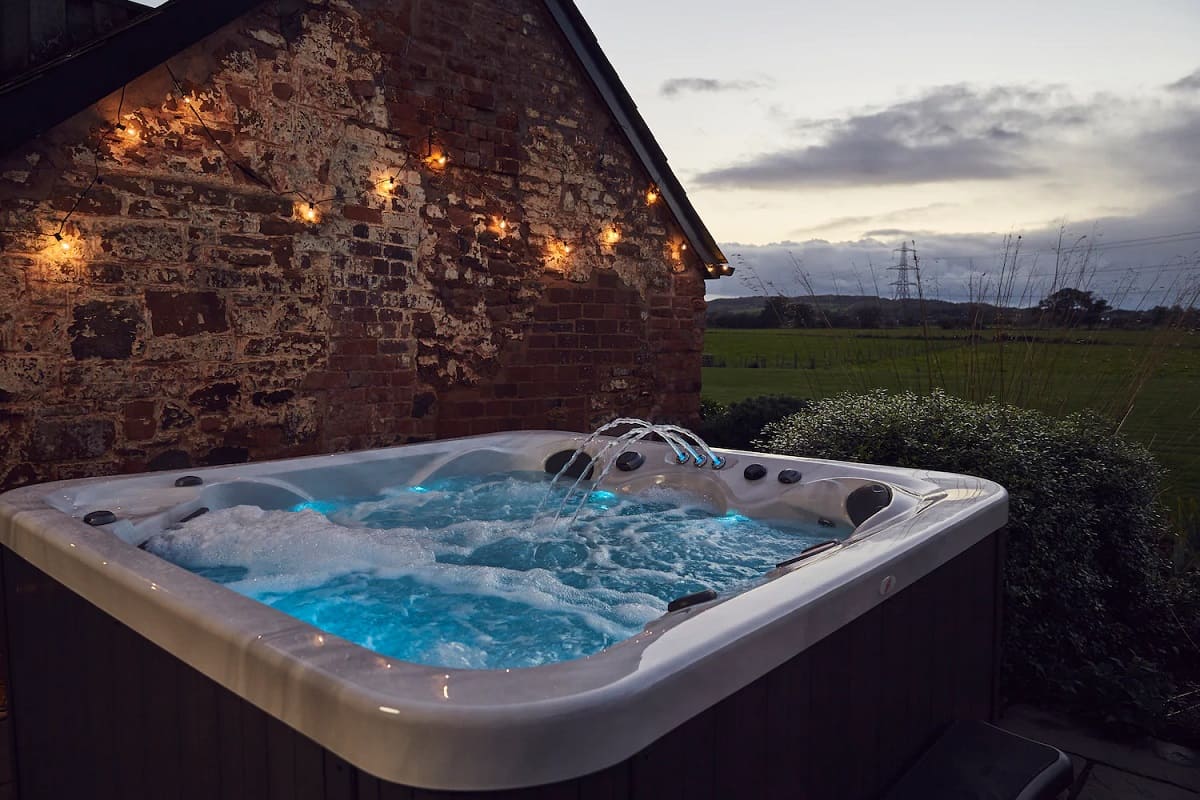
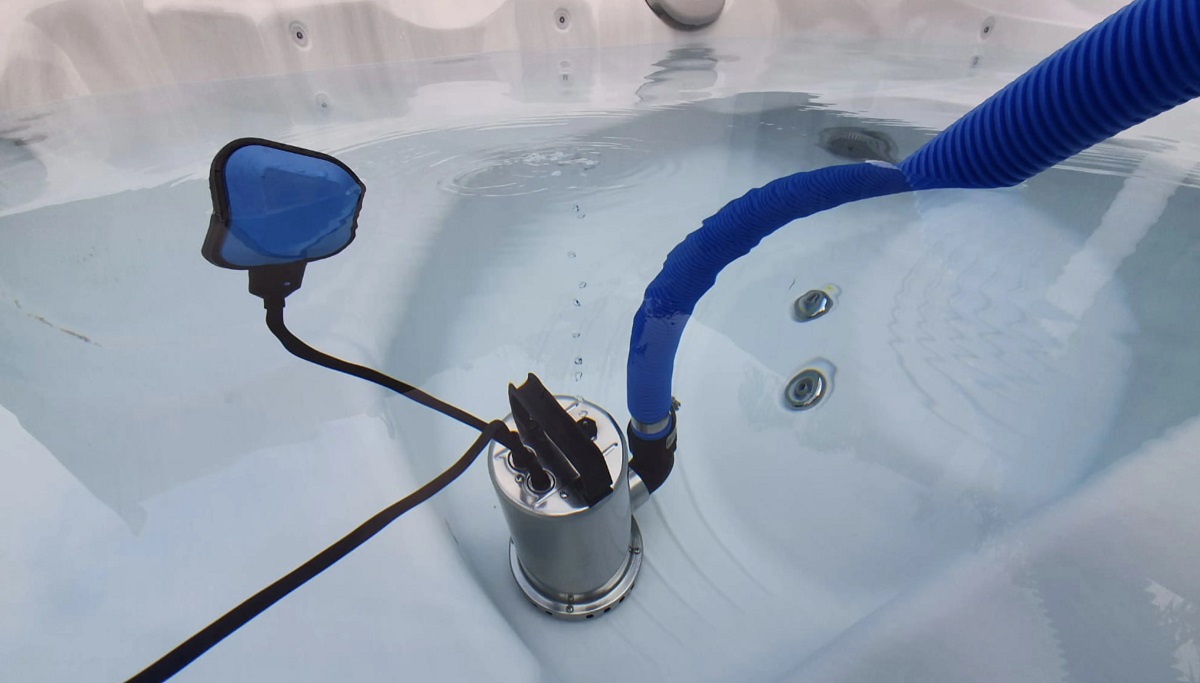

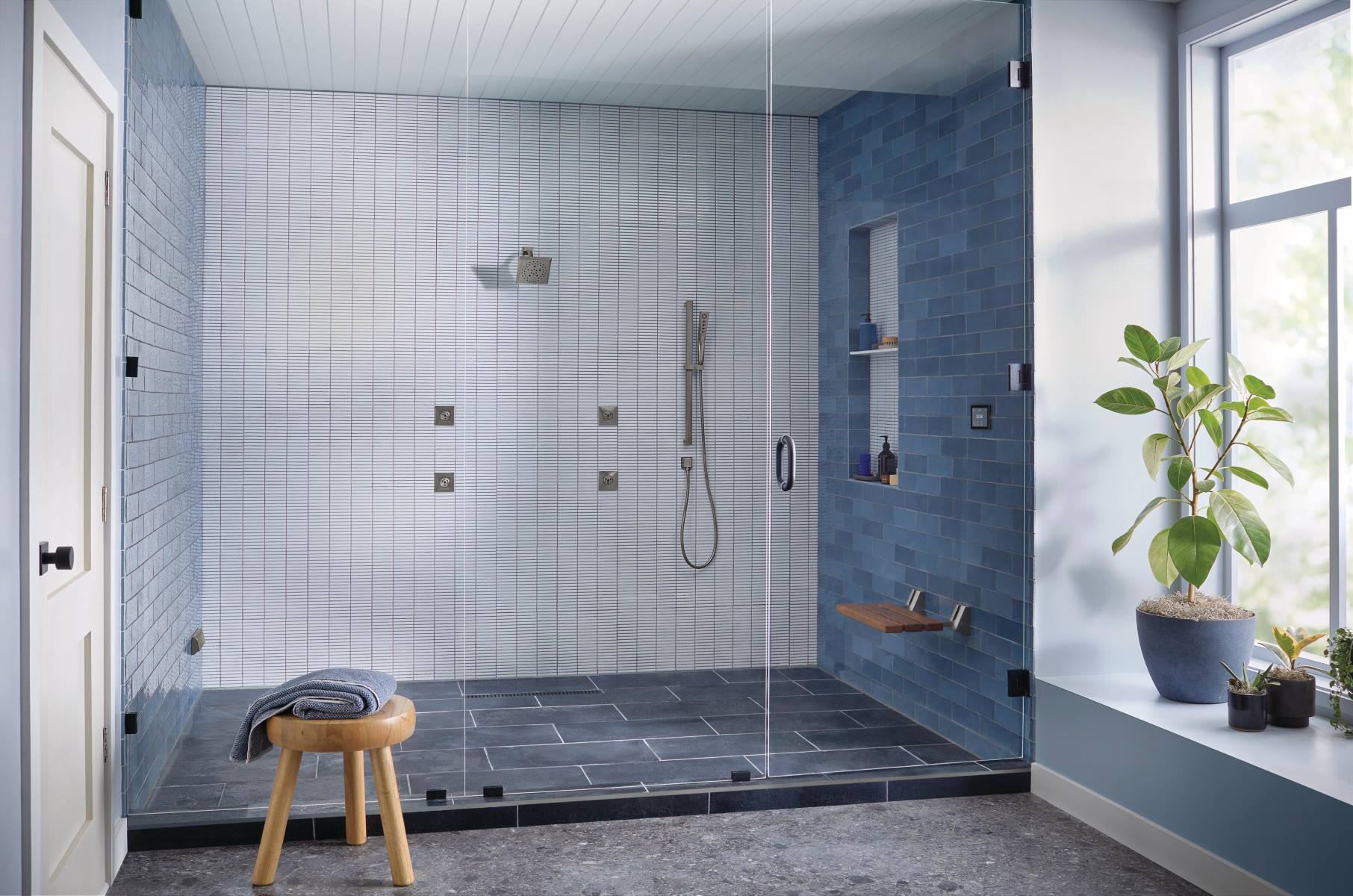
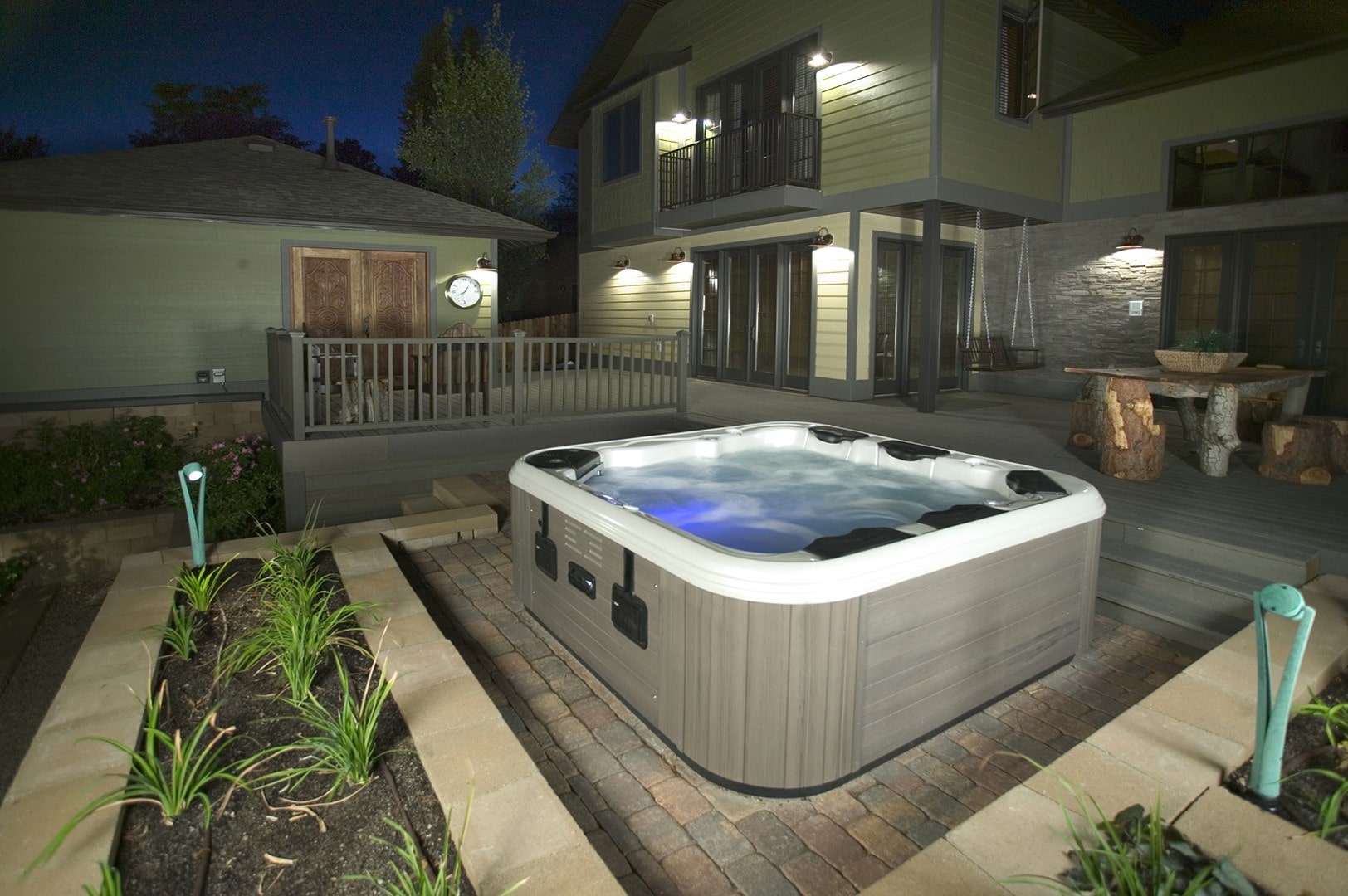
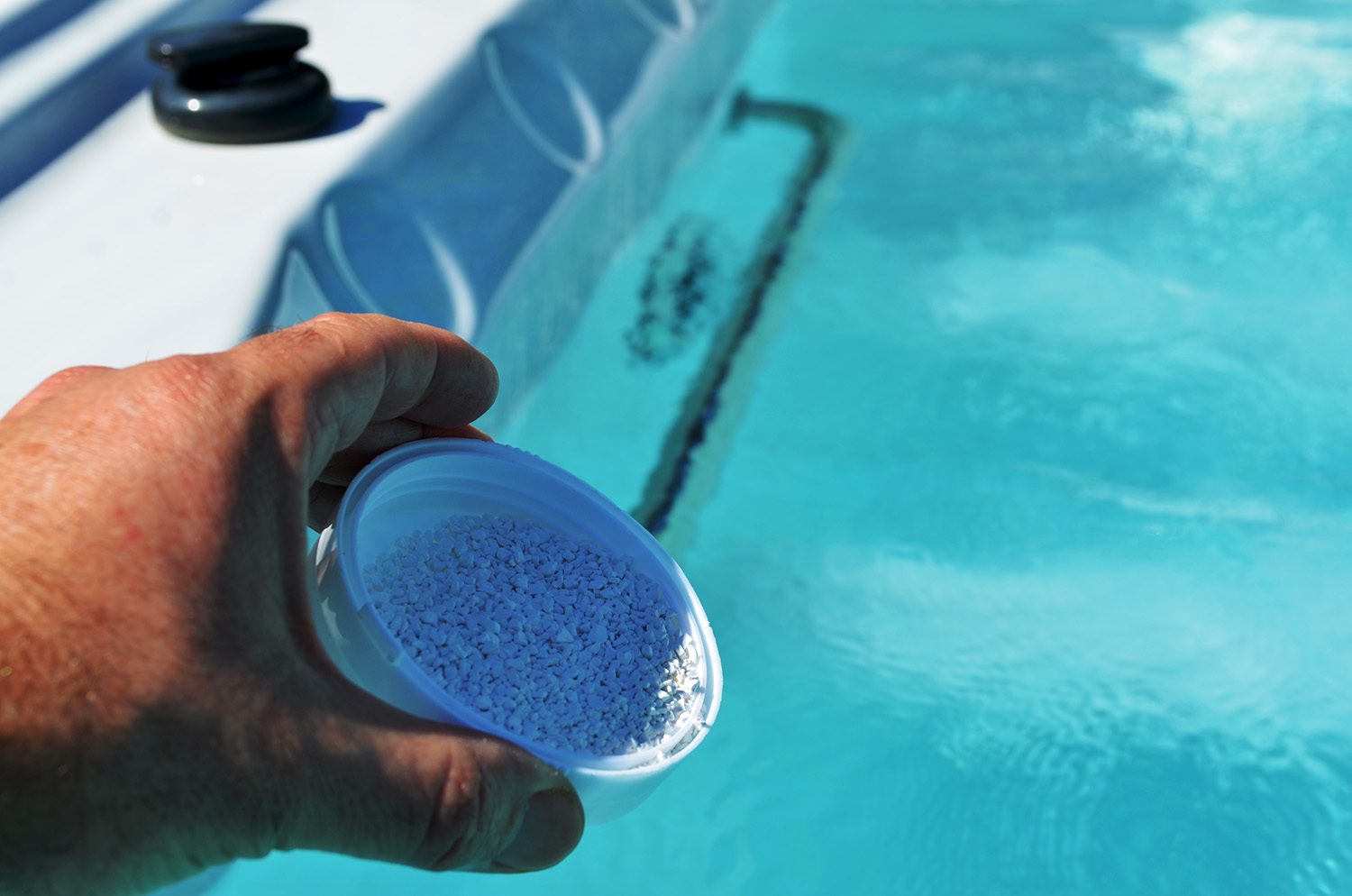
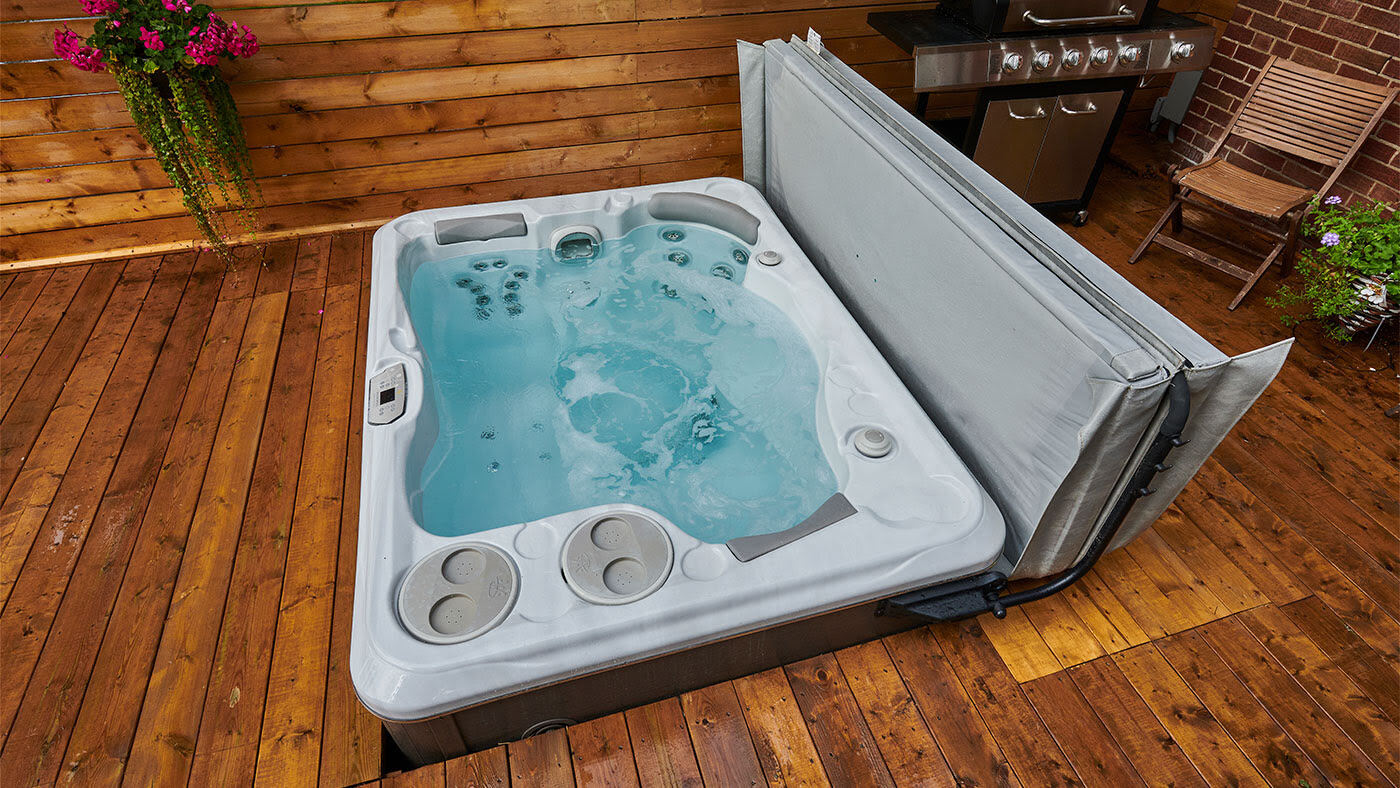
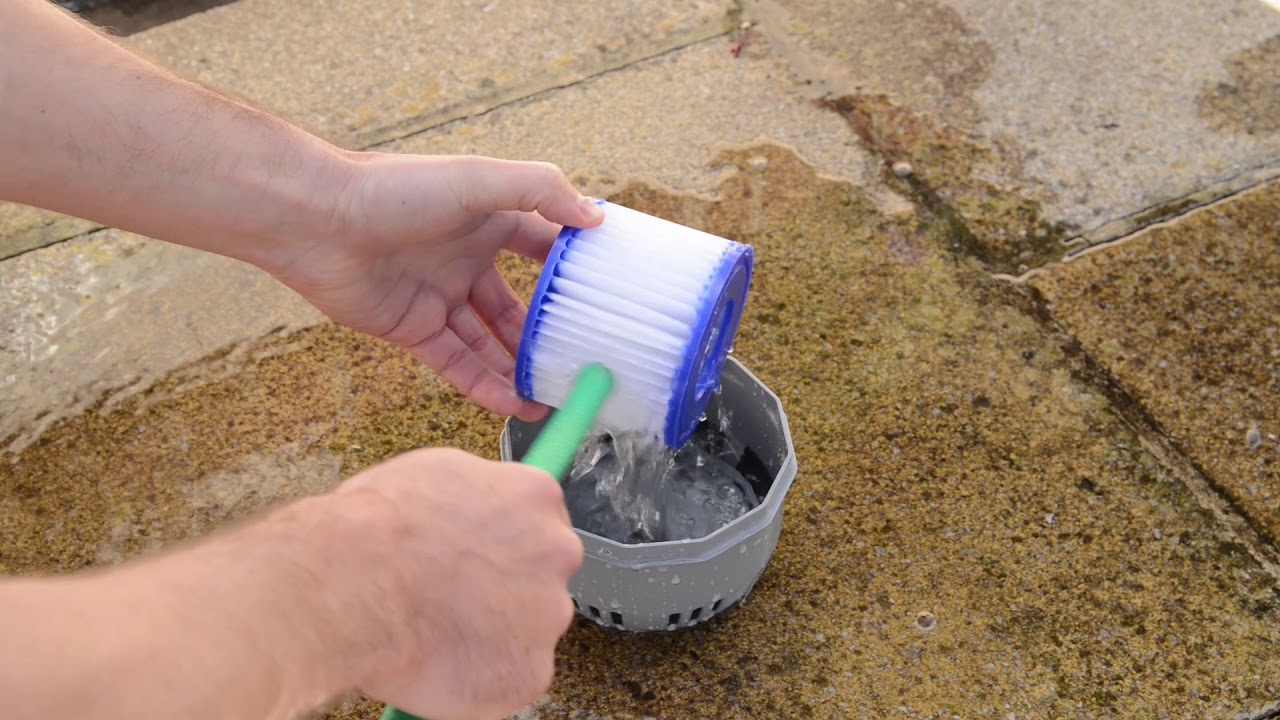
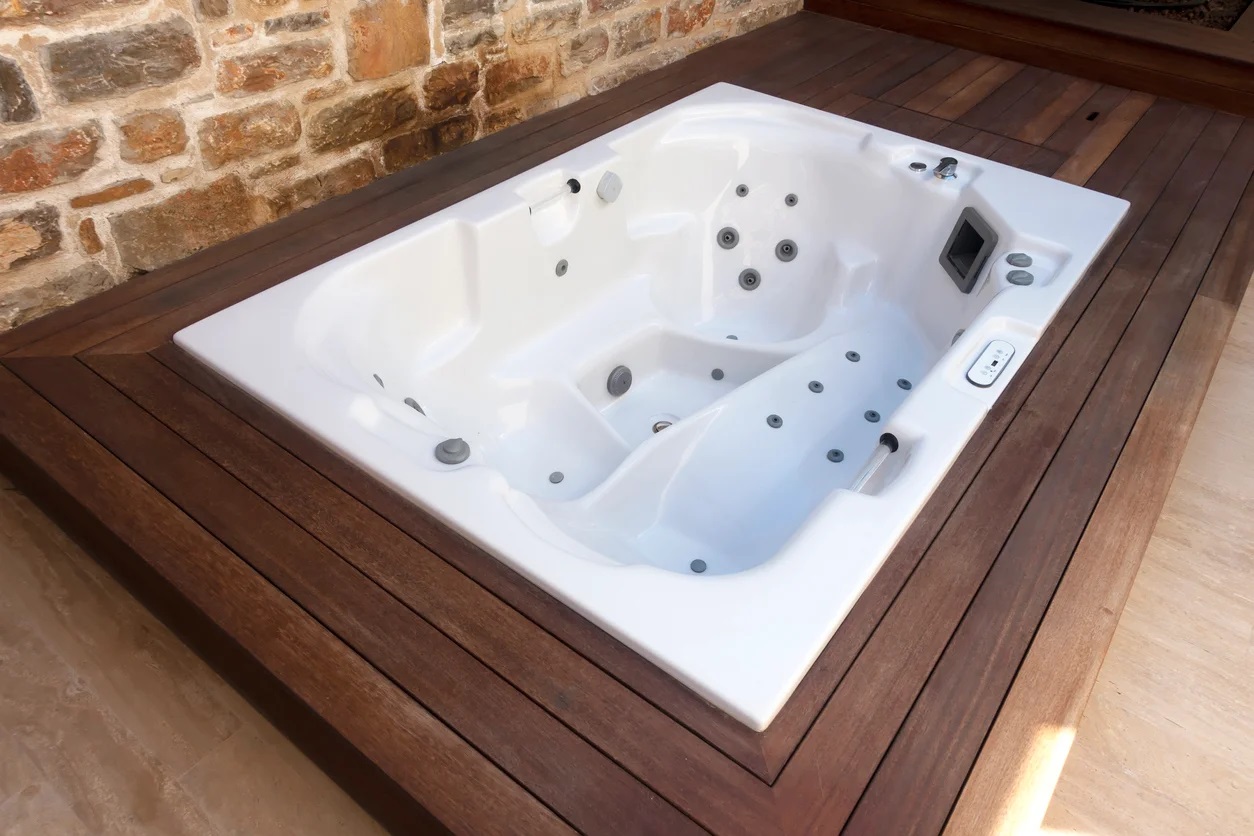
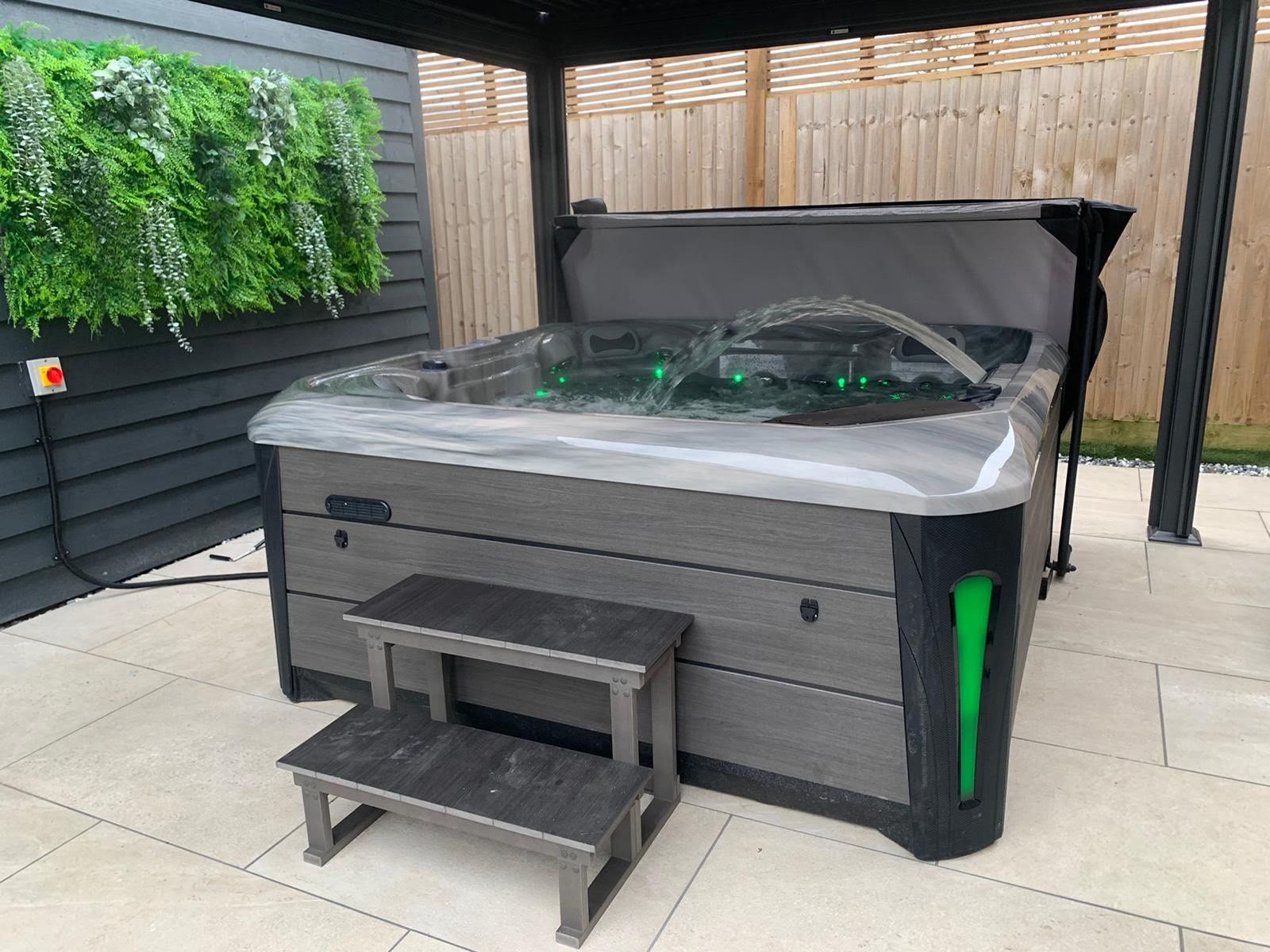

0 thoughts on “How Long Should You Sit In Hot Tub”